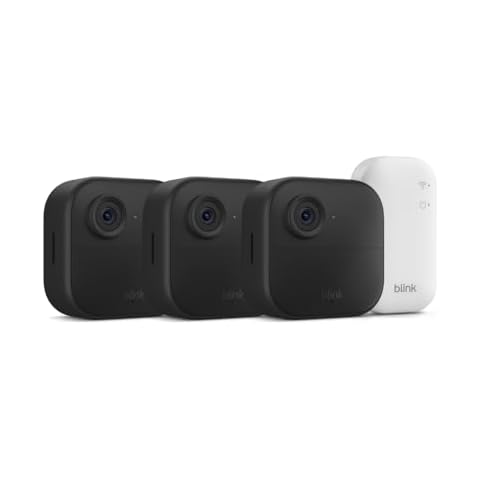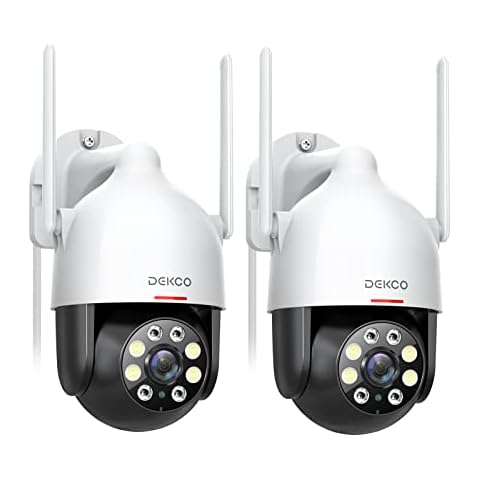All You Need to Know About Buying Outdoor Security Cameras
Introduction
Outdoor security cameras are an essential tool to keep your home, business, or property safe from potential threats. With so many options available in the market, choosing the right one can be overwhelming. In this article, we'll guide you through the factors you should consider to make an informed decision.
Resolution
The first thing you should consider when choosing an outdoor security camera is the resolution. The resolution of the camera determines the image quality, and you want to make sure that the camera captures clear and crisp images.
The most common resolutions for outdoor security cameras are 720p, 1080p, and 4K. A 720p camera can capture images at 1280x720 resolution, while a 1080p camera captures images at 1920x1080 resolution. If you want higher image quality, a 4K camera is the way to go, as it captures images at 3840x2160 resolution.
Field of View
The field of view is another important factor to consider when choosing an outdoor security camera. The field of view determines the area that the camera can capture. If you want to monitor a larger area, you'll need a camera with a wider field of view.
Most outdoor security cameras have a field of view between 90 and 180 degrees. If you want to monitor a small area, a camera with a narrow field of view will suffice. However, if you want to monitor a larger area, you'll need a camera with a wider field of view.
Night Vision
Outdoor security cameras should be able to capture clear images even in low light conditions. That's where night vision comes in. Night vision allows the camera to capture images in complete darkness or low light conditions.
Most outdoor security cameras have infrared LEDs that illuminate the area in front of the camera. The distance that the infrared LEDs can illuminate depends on the camera. Some cameras can illuminate up to 100 feet, while others can only illuminate up to 50 feet.
Weather Resistance
Outdoor security cameras are exposed to the elements, so they need to be weather-resistant. You want to make sure that the camera can withstand rain, snow, and extreme temperatures.
Most outdoor security cameras are rated for outdoor use and can withstand the elements. However, you should check the camera's IP rating to ensure that it can withstand the weather conditions in your area.
Connectivity
Outdoor security cameras need to be connected to the internet to function properly. There are two ways to connect an outdoor security camera to the internet: wired and wireless.
Wired cameras are connected to the internet using an Ethernet cable. Wireless cameras connect to the internet using Wi-Fi. If you have a strong Wi-Fi signal in the area where you want to install the camera, a wireless camera is a good option. However, if the Wi-Fi signal is weak, a wired camera is a better option.
Conclusion
Choosing the right outdoor security camera is essential to keep your property safe from potential threats. By considering the factors we've discussed in this article, you can make an informed decision and choose a camera that meets your needs. Remember to choose a camera with a high resolution, a wide field of view, night vision, weather resistance, and the right connectivity options.











